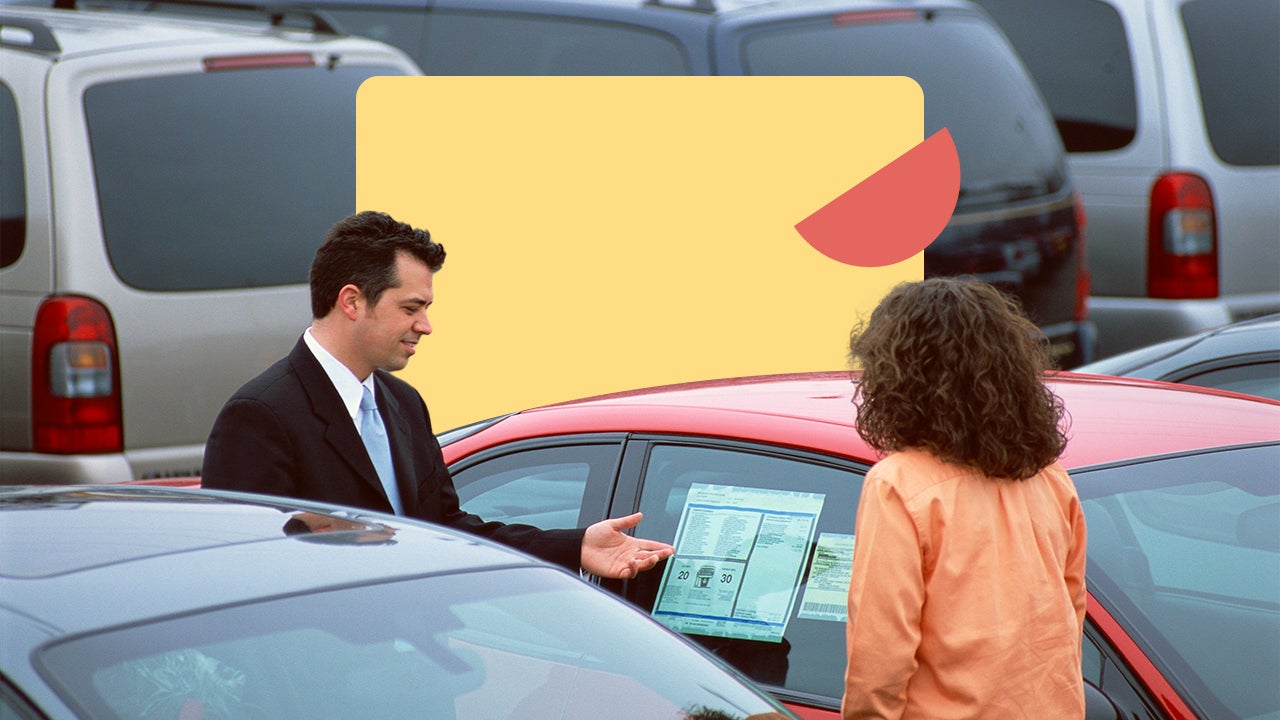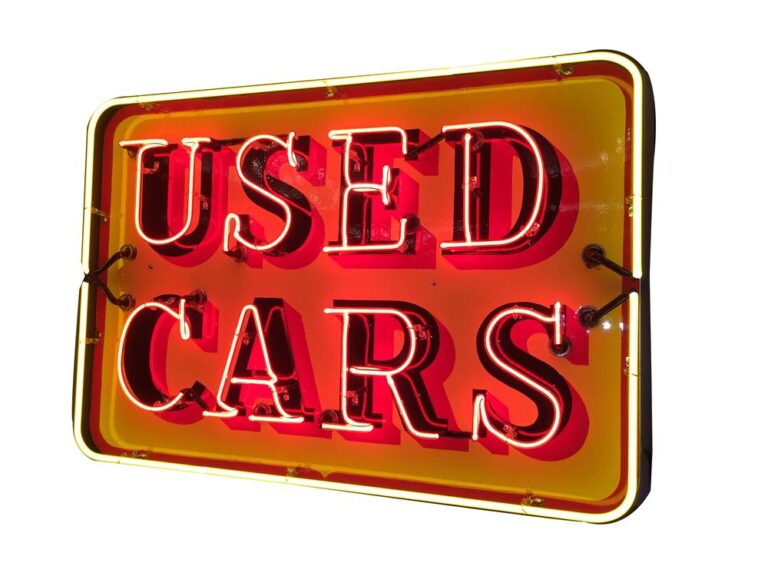In the ever-evolving world of used car buying, navigating the market can feel like a daunting task. With numerous options, variables, and potential pitfalls to consider, the process can quickly become overwhelming.
However, by breaking it down into manageable steps, buying a used car can be a seamless and rewarding experience. In this article, we will outline three critical steps to help you successfully navigate the used car purchasing process and ensure you make a well-informed decision.
From setting a budget to conducting thorough research, these steps will equip you with the knowledge and tools necessary to find the perfect used car for your needs and budget. So, lets dive in and explore the essential steps to buying a used car!
1. Research and Budgeting

Research and budgeting are essential steps in the process of buying a used car. Before diving into the market, it is important to do thorough research on the make and model of the car you are interested in.
Look into the cars history, reliability ratings, and common issues to watch out for. Additionally, researching the market prices for the specific car in your area will help you determine a realistic budget.
Creating a budget will ensure that you stay within your financial limits and avoid overspending on a used car. By taking the time to research and budget properly, you can make an informed decision and find the best possible deal on a used car that meets your needs.
2. Inspecting and Test Driving

Before making a final decision on a used car purchase, it is important to thoroughly inspect the vehicle and take it for a test drive. Start by checking the exterior for any signs of damage or rust, and then move on to inspecting the interior for cleanliness and wear and tear.
Next, pop the hood and examine the engine for any leaks or unusual noises. Once you have completed the initial inspection, it is time to take the car for a test drive.
Pay attention to how the car handles, accelerates, and brakes. Listen for any strange noises while driving and make sure all the essential components like the air conditioning and radio are in working order.
By thoroughly inspecting and test driving the used car, you can ensure that you are making a smart and informed purchase decision.
3. Negotiating and Closing the Deal
Negotiating and closing the deal when buying a used car can be both exciting and nerve-wracking. After finding the perfect vehicle and conducting thorough research, its time to put your negotiation skills to the test.
Approach the seller with confidence and be prepared to stand your ground on the price. Remember to be respectful and courteous throughout the negotiation process.
Once you have reached an agreement, its essential to carefully review the final details of the deal before signing any paperwork. Ask any remaining questions and ensure that you fully understand all aspects of the transaction.
By being thorough and assertive during the negotiation and closing process, you can secure a great deal on your used car purchase.
Conclusion
In conclusion, purchasing a used car can be a smart and cost-effective decision with the right approach. By following these three steps – determining your budget, conducting thorough research, and scheduling a car reg check – you can ensure that you are making a well-informed choice that meets your needs and preferences. Taking the time to carefully inspect the vehicle, verify its history, and negotiate a fair price can help you find a reliable and quality used car that will provide you with many years of enjoyable driving without breaking the bank.
Remember to also consider factors such as the vehicles maintenance history, insurance costs, and resale value to make the best decision for your individual circumstances.

